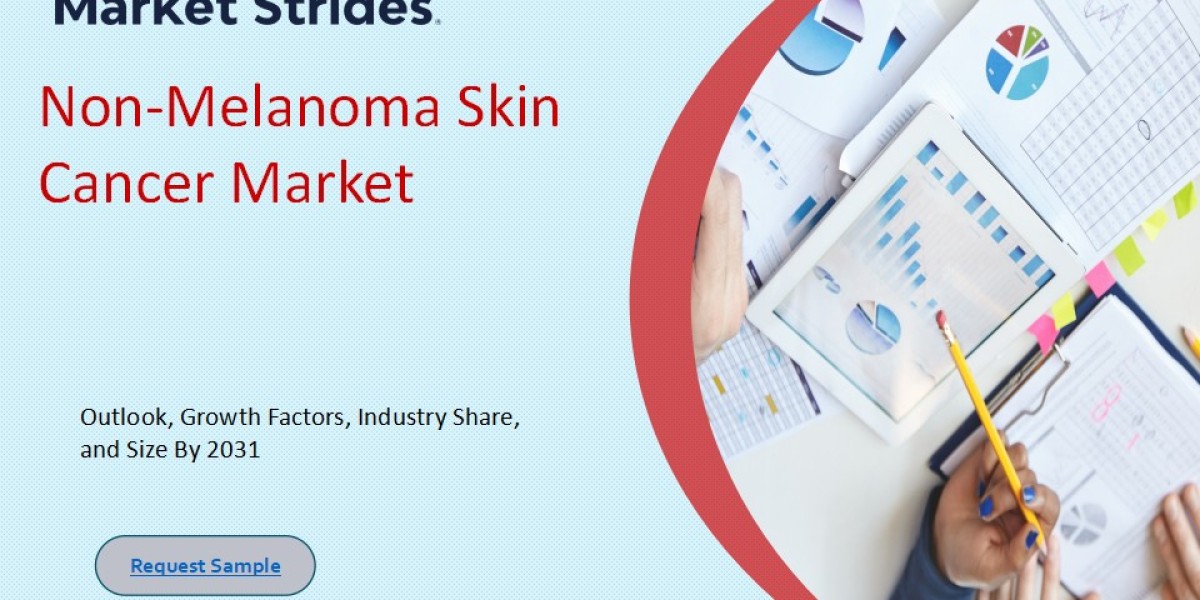Life Science Reagents: Powering the Engines of Discovery
Behind every groundbreaking discovery in medicine and biology lies a suite of invisible, essential tools—life science reagents. These compounds and substances are the unsung heroes of laboratory experiments, enabling everything from disease diagnostics to vaccine development. As research grows more sophisticated, so does the demand for high-quality, precise reagents.
What Are Life Science Reagents?
Life science reagents are chemicals or biological materials used to detect, measure, analyze, or modify other substances in biological research. They play a vital role in molecular biology, genomics, proteomics, and cellular analysis.
Some common categories include:
Antibodies
Enzymes
Buffers and solvents
Nucleotides and primers
Detection dyes and probes
These reagents are tailored for specific applications such as PCR (polymerase chain reaction), ELISA, DNA sequencing, and immunohistochemistry.
A Crucial Component in Biotech and Healthcare
From academic laboratories to pharmaceutical giants, life science reagents are central to processes like drug development, diagnostic testing, and biotechnology innovation. For example, during the COVID-19 pandemic, reagents used in PCR test kits became globally recognized tools for viral detection.
Beyond infectious disease, they are used extensively in cancer research, genetic engineering, and personalized medicine—making them indispensable in today’s precision healthcare landscape.
Market Outlook: Fueling Scientific Innovation
The life science reagent market has witnessed rapid expansion thanks to rising investments in biomedical research and clinical diagnostics. Increased interest in genomics and proteomics, coupled with expanding research in neurology, oncology, and immunology, has bolstered global demand.
As of recent estimates, the market is growing at a steady pace and is expected to see consistent gains, particularly in regions like North America, Europe, and Asia-Pacific, where government funding for research is strong.
Biotech companies are also fueling this market with innovative products that promise better specificity, reproducibility, and scalability—traits that are increasingly critical in fast-paced research environments.
Applications Across Diverse Fields
Academic and government research: Grants and public funding drive high consumption of reagents in universities and national labs.
Clinical diagnostics: Reagents are the backbone of diagnostic assays used in hospitals and reference labs.
Pharmaceutical research: Used in both preclinical and clinical studies to understand drug behavior and efficacy.
Agrigenomics and food testing: Identifying genetically modified organisms or contaminants.
Forensic science: DNA fingerprinting and toxicological screening.
The versatility of life science reagents makes them vital to both basic and applied research.
Trends Shaping the Future of Reagent Technology
The shift toward automation in laboratories has led to a demand for ready-to-use and pre-validated reagents, which reduce human error and increase throughput. Furthermore, sustainable and eco-friendly reagents are gaining traction in line with green lab initiatives.
One of the most exciting developments is the integration of AI and machine learning in reagent selection and experimental design—enabling smarter, faster, and more accurate research outcomes.
Companies are also innovating custom reagent kits, tailored for unique experiments, thereby improving experimental reproducibility, which is a growing concern in academic publishing.
Final Thoughts
The life science reagent market may not always be visible to the general public, but it is the silent partner in nearly every scientific and medical breakthrough. As research expands into uncharted biological territory—from CRISPR gene editing to synthetic biology—the demand for smarter, safer, and more scalable reagents will only intensify.
Explore our latest reports
? Stay ahead in the healthcare industry. Browse our latest insights now!
About Market Research Future (MRFR)
Market Research Future (MRFR) is a global market research firm that provides comprehensive insights into market trends, drivers, challenges, and opportunities. We offer a broad range of market intelligence reports and consulting services to help businesses and enterprises in various industries make informed decisions Media Contact:
Market Research Future (MRFR)
Phone: +1-646-845-9312
Email: contact@marketresearchfuture.com
Website: marketresearchfuture



